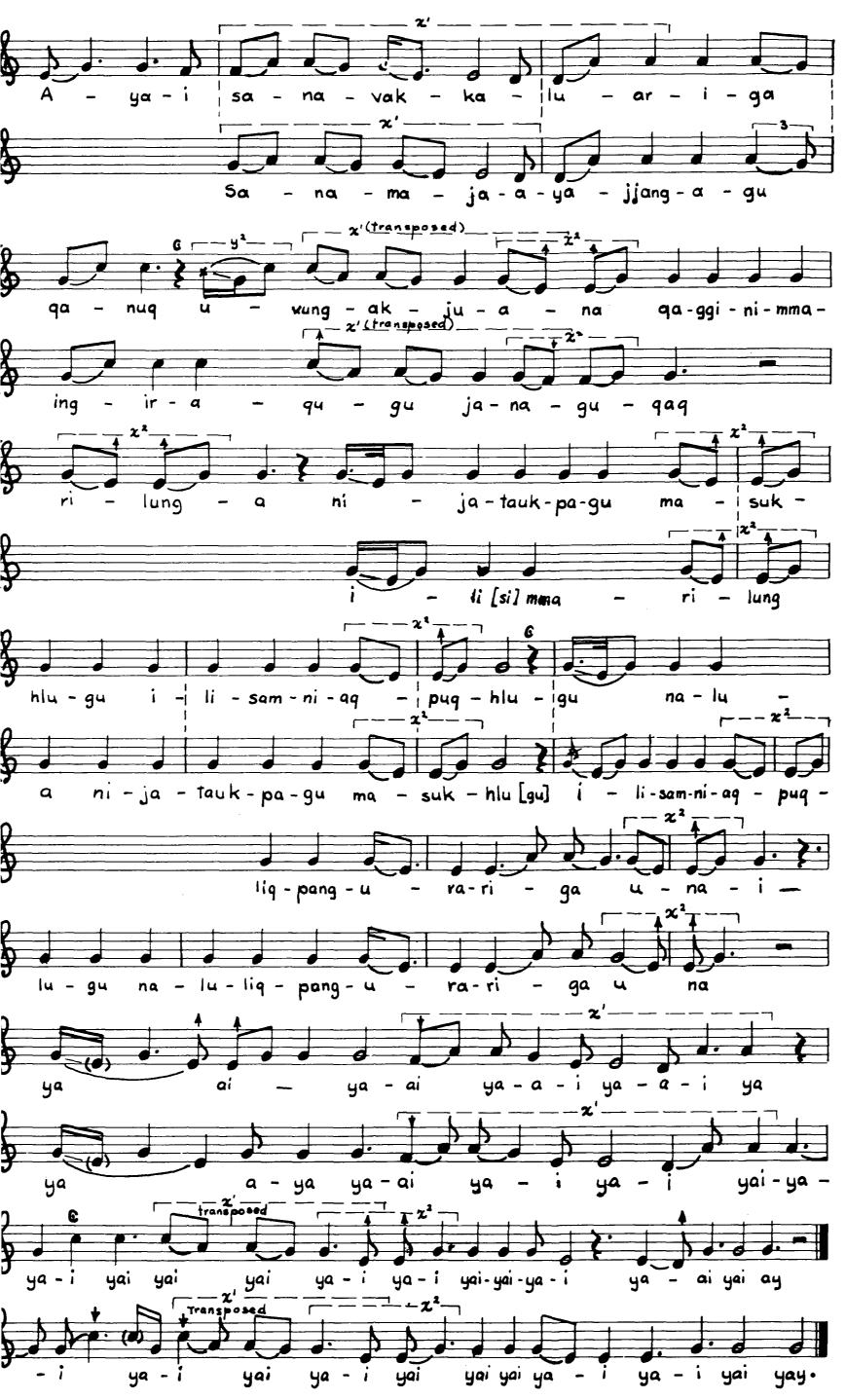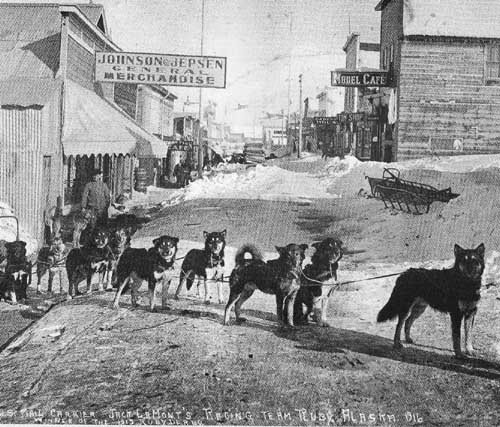I bet more than a few of you are having a grand old time at Bouchercon! Patty and Cornelia, remember me as you’re raising those glasses, won’t you?
I’ve been having a different kind of week, though quite exciting, in its way – I went back to school. Seriously – back to school to embark upon work on a graduate degree in the sort of subject that, had I chosen it at eighteen my parents would have told me I’d never get a job with a degree like that: Mythology and Depth Psychology. Someone at the orientation said that instead of trying to describe the degree, just tell people you’re studying at Hogwarts. So, here I am, embarking on an intense course of study at Hogwarts at a stage in my life when it I can quite easily spend an hour looking for my car keys. Can’t wait to get my broomstick!

Seriously, it was pretty exhausting, though I loved every minute of it. There’s the challenge of having to read and digest academic texts critically again – the previous experience was over thirty years ago – along with the mind-numbing process of so much information being dumped into my un-nimble brain in one fell swoop. Phew. Frankly, even though I am a writer who is desk-bound for a personal minimum of 1500 words a day, I had forgotten what it was like to sit down for so long without moving – I was half-asleep by the first afternoon! Clearly things have changed since that first ever day at school ....
But it’s been interesting, hearing the sort of comments received when I’ve told people I’m going back to school. Most are supportive, excited, and say such things such as:
“Wow, that’s so brave.!”
“Good for you!”
“That’s so amazing.”
Then there’s the:
“What the bloody hell do you want to do that for?”
“At your age?”
“If you’re that interested in mythology, why don’t you just read a book on it?”
And:
“That’s remarkable!”
Which brings me to my next point in this post today: The way we use words without thinking about what we say. We all do it, and I am always so aware and often embarrassed when I’ve said something dramatic without thinking. For example, me going back to school is not brave or remarkable. The young woman in my class who’s a single parent with three kids and a full-time job is the remarkable one. And it’s not brave – putting on your camouflage and your Kevlar vest, picking up your rifle and ammo and going out on patrol in Baghdad or Afghanistan is brave.

Perhaps someone will correct me and tell me it’s all relative.
I remember seeing Jane Fonda being interviewed at the height of her feel-the-burn aerobic dance phenomenon days, when the interviewer told her she was an amazing woman. She became rather serious and bluntly said, “Let me tell you what amazing is – amazing is a single parent with two kids who’s working two jobs and going to school at night to try to make life better for all of them – that’s amazing. Not me.” Even though I have never been a big fan, I remember thinking, “Good for you, Jane.”

I thought about my own flippant use of language at the weekend. I was entered in a small dressage show close to my home – nothing huge, but I haven’t really competed before (love the training, but I am sick with nerves before events, so have shied away from the show arena – if you’ll forgive the pun). In the warm-up ring, I was at once beset with misgivings, and said to my trainer, “I don’t know if I’ve the courage for this.” She naturally told me not to be so stupid, of course I could do it, however, I took myself to task for my use of language. Courage? Who did I think I was – courage to ride a horse in a little competition on a Sunday afternoon? I don’t think so. What Jim does takes courage. Firefighters have courage, as do so many people in the arena of public service. The kids with disabilities who clamber on horses and compete at the highest levels are brave. And they’re remarkable and amazing – all of those people who demonstrate the magnificence of the human spirit.

Who was it who said, “Freedom is a word I seldom use without thinking.” (Might have been Joan Baez). There’s another word that’s subject to frequent abuse.
So, here’s a question – what do you hear yourself or others say that makes you wonder if any thought has gone into the comment? What overly dramatic misuse of words irks you when you hear it?
Once again, have a lovely weekend. On Monday I’m off to London and France for just over a week (specifically the Somme Valley - research for another Maisie Dobbs novel), so if I can twist his arm, I’m hoping that the one and only James Grippando can sub for me next week.
And just so you have an idea of where I’m going, the photos below show The Sunken Lane near Beaumont-Hamel in the Somme Valley. The first photo shows the men from the 1st Lancashire Fusiliers waiting to go over the top on 1 July 1916. The second photo is the lane today.

See you all in a couple of weeks!





 a divide in the country between left and right. His motivational posters and photos from the soldiers he knew that were serving in Iraq were inspirational and often funny. I will miss him and his e-mails very much.
a divide in the country between left and right. His motivational posters and photos from the soldiers he knew that were serving in Iraq were inspirational and often funny. I will miss him and his e-mails very much. 














 Sunday which Zoe moderated with great skill. Before hand we discussed reading versus speaking and all opted to speak. Now here is where my whole “speak don’t read” theory gets blown out of the water. I went to Zoe’s signing at Murder on the Beach September 10th. As us
Sunday which Zoe moderated with great skill. Before hand we discussed reading versus speaking and all opted to speak. Now here is where my whole “speak don’t read” theory gets blown out of the water. I went to Zoe’s signing at Murder on the Beach September 10th. As us






-767332.jpg)



















